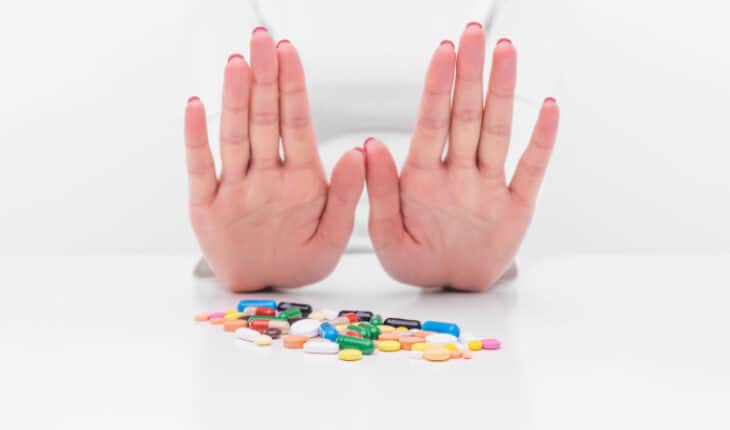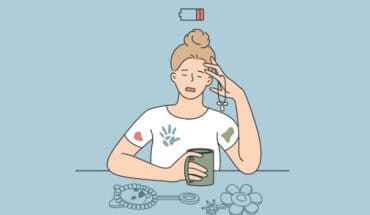Fighting Pharmacophobia. There are many reasons why patients don’t always adhere to their prescribed therapies. Sometimes, people halt their course of antibiotics because their annoying cough has disappeared and therefore believe it’s already been cured. Others, instead, from time to time, may innocently forget to take their morning medication as they are solely focused on preparing breakfast and getting ready for work.
This can be particularly dangerous, as repeatedly skipping your prescribed dose may cause a number of unwanted issues, from treatment failure to future health complications. So, we take a look at the ins and outs of medication anxiety, offering handy tips on how to cope with this concerning condition.
Pharmacophobia: what is it?
Pharmacophobia is an anxiety disorder that instigates high levels of dread and stress when exposed to medical drugs. In some scenarios, even the mere thought of medication can have a negative effect on the person’s mental well-being. But as well as hindering a patient’s mind, this condition can also impact their physical health. In fact, pharmacophobia can lead to the improper usage of prescribed medication or total absence of medicine consumption, which may, in turn, result in the relapse or worsening of a disease.
As mentioned, pharmacophobia – if not tackled – can bring a range of unwanted consequences. So how do you cope with medication anxiety to keep any complications at bay?
How to deal with pharmacophobia
If you struggle to take medication without experiencing sentiments of stress and anxiety, don’t despair. There are several steps you can take to nip the problem in the bud and mitigate the effects of your pharmacophobia.
- Figure out how your pharmacophobia started – Reflecting on how your phobia originated can be a good first step to keep your fear under control. For instance, was it because a loved one, or someone you know, has had a negative reaction to a specific medication in the past? If so, remind yourself that only because somebody else had an unfortunate experience with medicines does not mean it will automatically happen to you as well.
- Take your first dose at the chemist’s – If you are afraid of taking medication on your own, especially if it is a new drug you’ve been prescribed, you may want to take your first dose at the pharmacy. This way, you will have a medical professional to keep an eye on you, helping you calm your nerves and reassuring you that the new prescription won’t harm you. It will also give you the confidence to repeat the process at home with less stress.
- Talk to your doctor – Having an open, honest chat with your doctor is another effective way to tackle your pharmacophobia. “If taking your medication causes great stress, it is always worth discussing with your doctor,” says Dr Leyland, Clinical Advisor at myGP. “They will be able to review and suggest alternative solutions based on your experience. ”
- Alter your dosing method – Sometimes, the medication itself isn’t the triggering issue. Instead, what may spark your pharmacophobia is a specific method of dosing. For instance, it has been found that up to 10% of the UK’s population is afraid of injections. If this is your case, and your prescribed therapy involves needles and injections, ask if it is possible to change the approach. There may indeed be other viable solutions, such as pills or topicals, meaning that you can continue with your medication and not interrupt your all-important treatment.
- New lipid-based pathway discovered as key to memory formation - 25th June 2025
- Crucial link could explain how Alzheimer’s takes hold - 25th June 2025
- Understanding Your Mind Can Improve Daily Life - 25th June 2025






